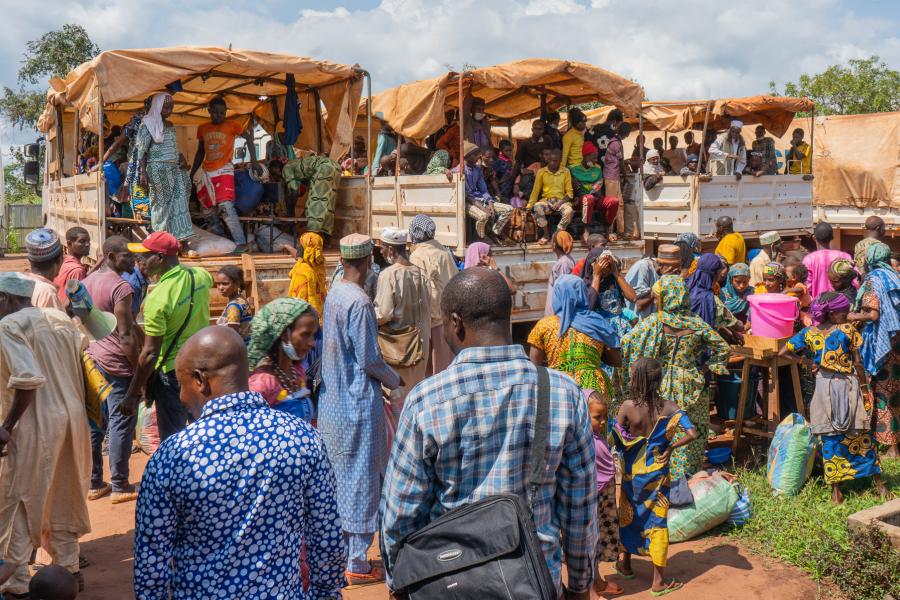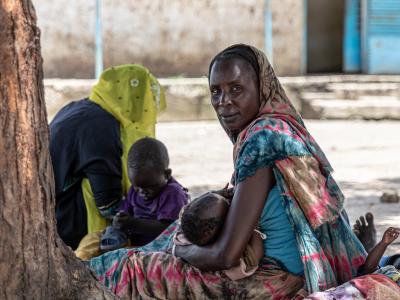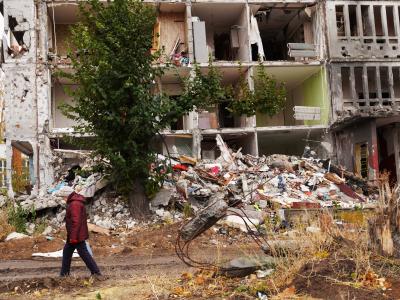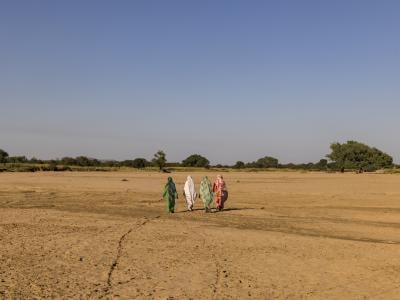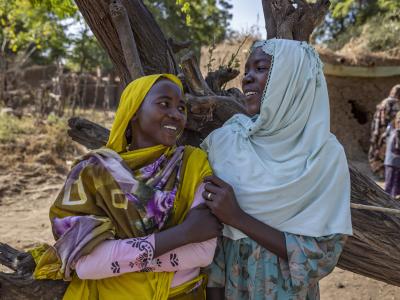Global financial needs amount to $335 million (+15% vs 2024 current budget)
Record numbers of people are being forced to flee, and very few are able to go home, although the majority routinely say they want to, once they can do so in safety and with dignity. But it is not as simple as going home and resuming life as it was – a premature or unsustainable return can give rise to new risks. In 2025, UNHCR will help millions of refugees keep informed about the risks and opportunities that would await them on their return. We will conduct surveys to understand the intentions of potential returnees and undertake return monitoring and policy dialogues to help make their returns safe, dignified and successful, seizing on opportunities for partnerships that will improve conditions for returns.
Core Outcome Indicator

Proportion of returnees with legally recognized identity documents or credentials
Core Output Indicator

Number of people who received counselling and/or information on voluntary repatriation*
2024 Mid-year progress: 145,000
*70 country operations reporting
Financial overview
